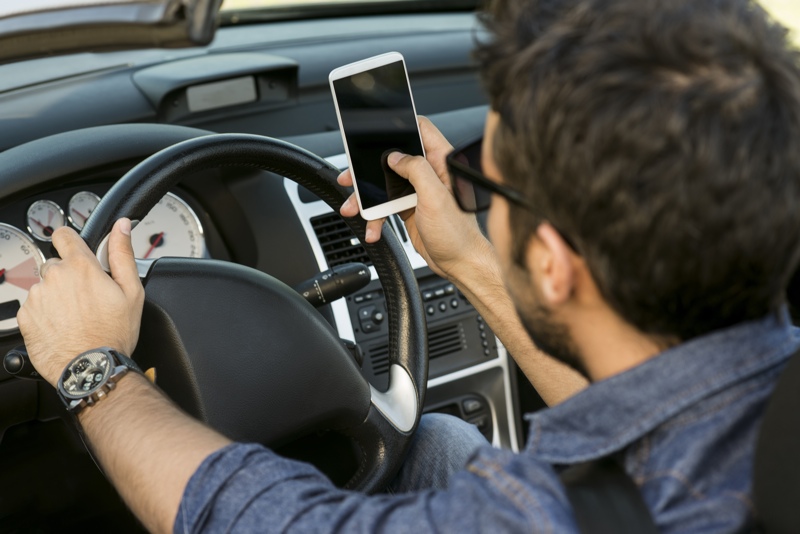June 25, 2014
On Oct. 1, 2013 Florida’s ban on texting while driving went into effect. The new law makes it a secondary offense to be texting while driving, but drivers are still permitted to use their phones to make calls and for navigation purposes. The law also prohibits both sending and reading data “for the purpose of non-voice interpersonal communication,” however, the law does not apply to a motor vehicle that is stationary, so drivers are free use their phones while stopped at a red light.
As mentioned above, the current law makes texting while driving a secondary offense, which means an officer must pull you over for another traffic offense before giving you a ticket for texting. As readers might be aware, Florida’s seat-belt law also originated as a secondary offense, but twenty-three years later became a primary offense, and officers were given authority to stop and ticket motorists for their failure to wear seat belts. Florida’s texting and driving law, it seems, is already on its way to becoming a primary offense.
On Oct. 25, 2013, State Senator Maria Sachs filed a new bill seeking to remove the provision in the current law that limits enforcement of the Texting While Driving ban to a secondary action. Law enforcement would have the authority to pull over and ticket any driver they see texting while driving, regardless of whether or not the driver committed another traffic offense. It is likely that this bill will come up in the next legislative session in March.
The fine under the current law for texting and driving is $30 for the first offense and $60 for a second offense within five years. Court costs vary among counties, but range from about $78 to $100. The $30 fine has been criticized for being nominal, while other states fine drivers who text anywhere between $20 in California and $750 in Utah. Alaska is the only state that fines an individual more than $1,000 for a first time offense; the fine there is a deterring $10,000.
The Florida bill filed by Senator Sachs would remove the law’s secondary offense status, but would keep the fine the same at $30 for a first time offense.
This amendment to the current law could also serve to give law enforcement an additional reason to stop vehicles for suspicion of Driving Under The Influence. If you have any questions or concerns, please contact the Khonsari Law Group. We specialize in the areas of Criminal Defense and Personal Injury, including Auto Accidents.


